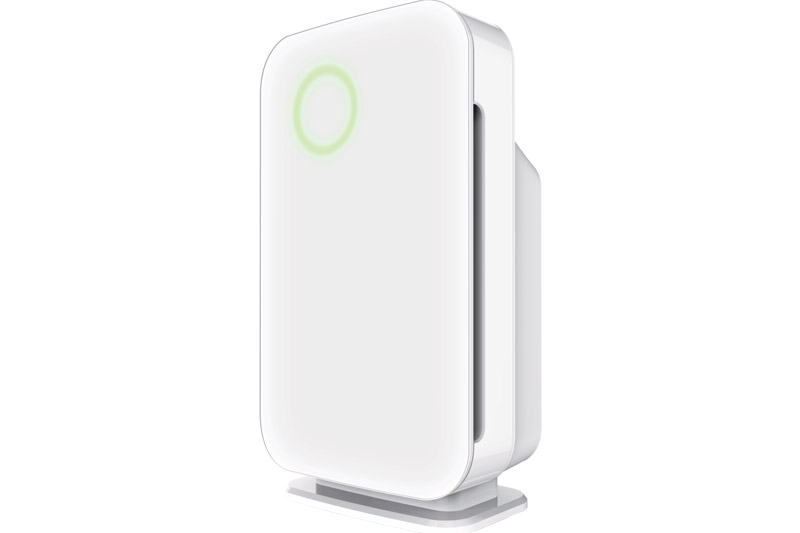Air Purifier FAQs
Air Purifier FAQs
We have many questions about air purifiers. Parth Group presents some FAQs of air purifier which might help.
Do air purifiers help to sleep better?
Indeed, an air purifier helps to sleep better by removing allergens from an indoor environment. Allergens can trigger sleep-disruptive symptoms in some individuals. Frequent coughing, sneezing, or difficulty breathing are some allergic reactions. It affects your sleep quality. Air purifiers can reduce the chances of allergies by catching pollutants. One gets better sleep in a clean and fresh environment. A good night’s sleep also improves mood and cognitive functions.
How long does it take an air purifier to clean a room?
Most air purifiers take between 30 minutes to 2 hours to clean a room. However, the span relies upon the size of the room and the ACH rating of the air purifier. The ACH rating refers to the number of times per hour the entire air volume in your room gets filtered. The most effective air purifiers filter about 4 or 5 times every hour. It is best to keep the air purifier on whenever one is in the room.
Where should I place my air purifier?
Place the air purifier either in the living room or bedroom. The idea is to enjoy fresh air where one spends the most amount of time. Since the air purifiers are compact, they can be moved from room to room if needed.
Are air purifiers bad for you?
Not every air purifiers are bad for you. Some ozone emitting air purifiers can be harmful because they cause shortness of breath, coughing, and chest pain. Exposure to higher levels of ozone can harm your respiratory system. HEPA and activated carbon filters air purifier are generally safe to use.
Do air purifiers really work?
Indeed, air purifiers catch a high percentage of the airborne allergens and irritants moving through the filters. In doing so, they refresh the indoor air quality. One gets a large supply of clean and fresh air. Using air purifiers is one of the many steps one can take to decrease indoor air pollution. Allowing cross ventilation and cleaning floors, carpets, and upholstery are other steps to have a clean indoor environment.
Can they prevent coronavirus?
No, there is no evidence confirming air purifiers can remove coronavirus. Usually, HEPA filters can trap particles just 0.3 microns, though the coronavirus is even smaller. Some air purifiers with UV lights can kill smaller microbes. However, no specific studies are showing they can destroy the novel coronavirus.

